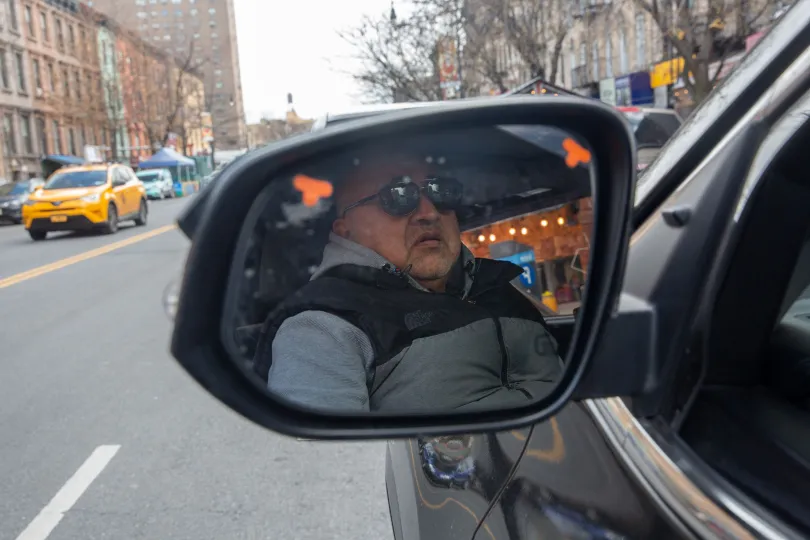TLC Pushes Electric Rides, But Drivers Say a Good Charger Is Hard to Find
While the new EV taxi licenses are in demand and many new charging stations are coming, those who already made the electric switch say powering up now is a headache.

 This article was originally published on by THE CITY
This article was originally published on by THE CITY
The chance to pick up one of 600 new licenses for electric for-hire vehicles sent a jolt through drivers Wednesday morning, with all of the Taxi and Limousine Commission permits snapped up in under five minutes.
But as the city moves toward a goal from Mayor Eric Adams to have a 100% electric for-hire vehicle fleet, including Uber and Lyft, by 2030, TLC-licensed drivers who already operate electric vehicles (EVs) — or did — say the green wave has yet to reach the charging network sprinkled across the boroughs.

Brooklyn Boro
View MoreNew York City’s most populous borough, Brooklyn, is home to nearly 2.6 million residents. If Brooklyn were an independent city it would be the fourth largest city in the United States. While Brooklyn has become the epitome of ‘cool and hip’ in recent years, for those that were born here, raised families here and improved communities over the years, Brooklyn has never been ‘uncool’.